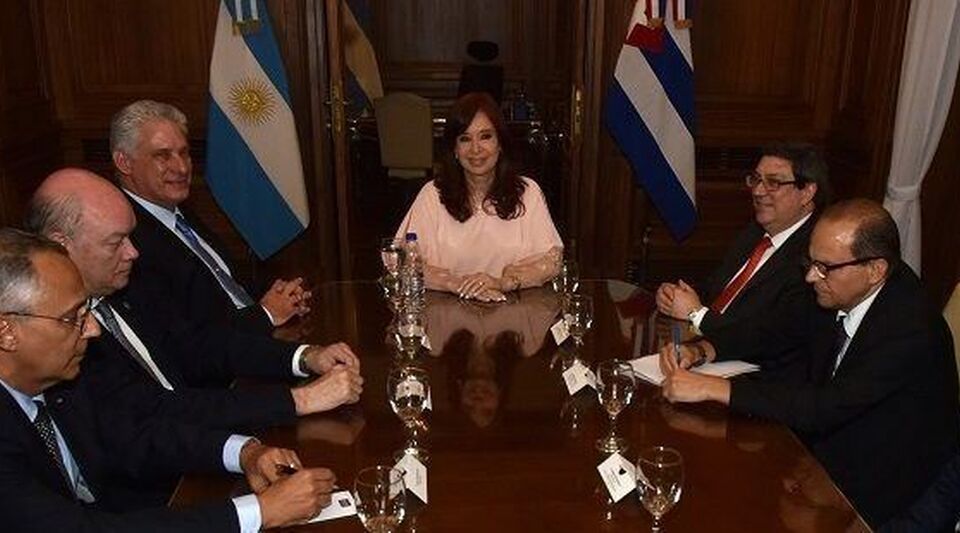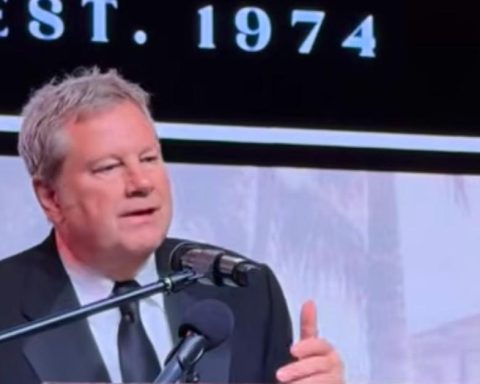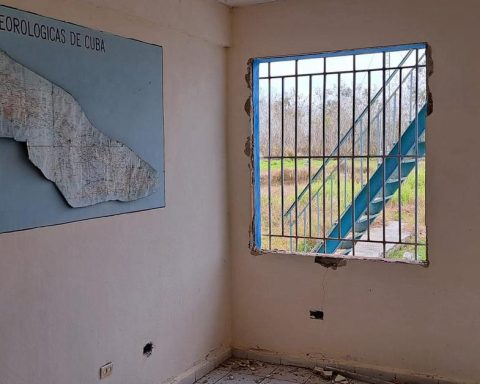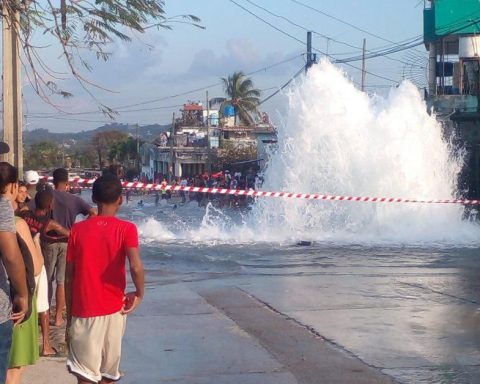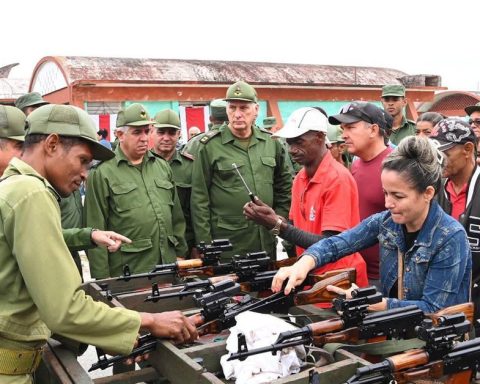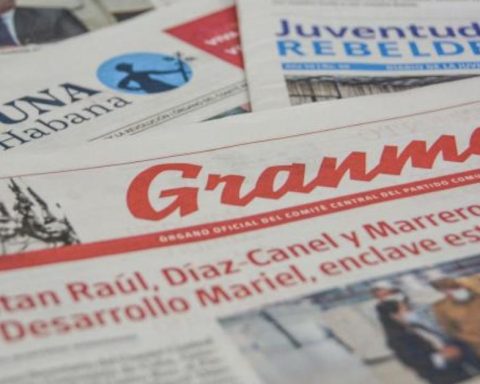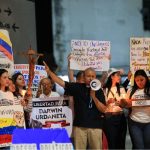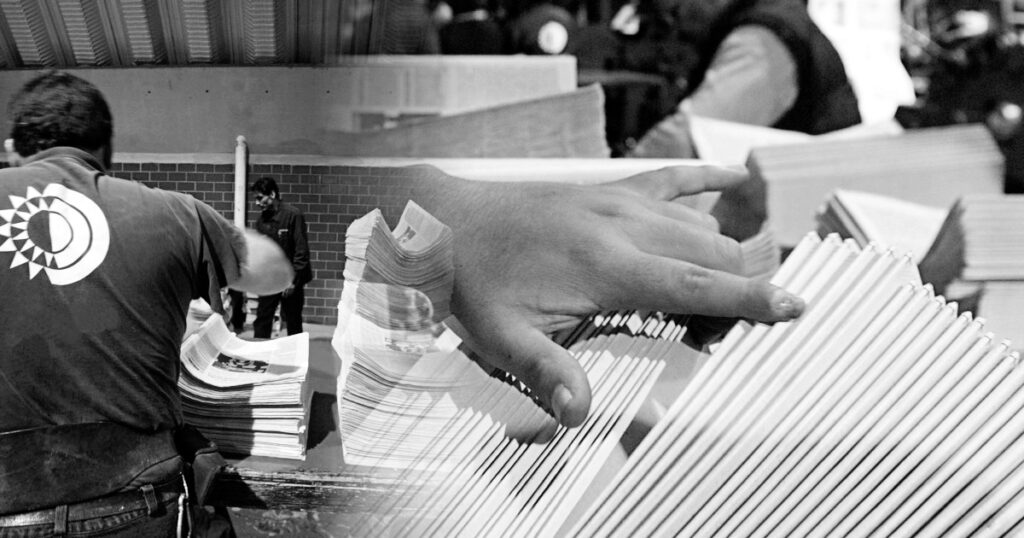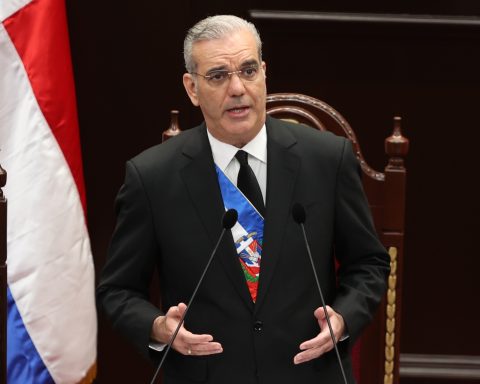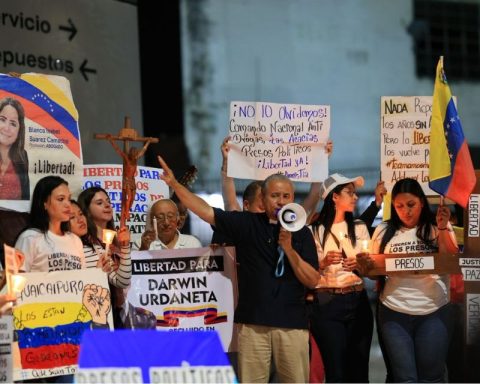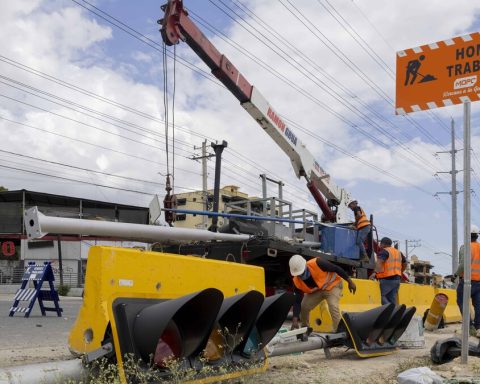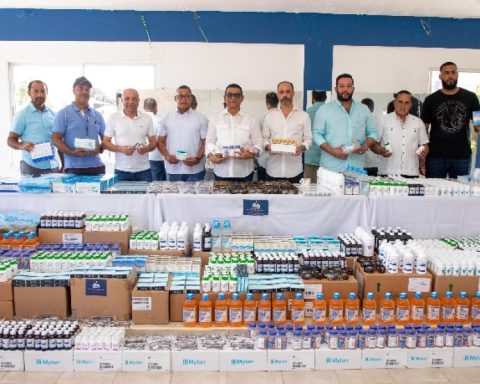The president of Argentina, Alberto Fernández, has not wanted to reveal if during the meeting that he has scheduled next Wednesday with Miguel Díaz-Canel he will touch on the issue of the million-dollar debt of the Cuban government with his country. Havana owes that country an estimated amount of 15,000 million dollars, a sum that includes a loan to Fidel Castro in 1974, accumulated interest and penalties for not paying within the deadlines.
The meeting will take place a day after the conclusion of the summit of the Community of Latin American and Caribbean States (Celac), which Díaz-Canel is supposed to attend, although his presence has not been officially confirmed. Díaz-Canel’s presence in Argentina has been criticized by the opposition of Fernández, who has promoted several legal initiatives to declare the Cuban persona non grata, along with his counterparts Daniel Ortega and Nicolás Maduro, whose attendance at Celac has not been confirmed either.
The debt, already historic, is about to be fifty years in default and was the largest loan that Argentina had granted up to now. In 1974, Fidel Castro agreed with José Ber Gelbard, Minister of Economy of two governments –Héctor Cámpora’s and Juan Domingo Perón’s–, who was touring the countries of the socialist bloc, to obtain a loan of 1,278, 8 million dollars for Havana to buy vehicles and machines for agricultural development.
The rapprochement between the two countries has become more solid since then and it does not seem that the millions negotiated by Castro will enter the debate table either.
Among the inputs that Castro planned to buy were 6,000 Fiat 125 cars, several thousand Renault 12, Ford Falcon, Citroen Ami 8, Peugeot 404 and 9,000 Dodge cars, in addition to 1,000 tractors, 5,515 Fiat trucks and other machinery that arrived in Cuba from Argentina, with the permission of Washington, according to details the Argentine digital newspaper infobae.
In 2020, almost at the beginning of his term, Alberto Fernández asked his foreign minister, Felipe Solá, to remind Havana of the money it owed to Argentina since the 1970s. Díaz-Canel, who was also in office for the first time, did not satisfy the demand. then and it is unlikely that it will now, when its finances are in worse shape than they were three years ago.
The rapprochement between the two countries has become more solid since then and it does not seem that the millions negotiated by Castro enter the discussion table either. Cuba has skillfully and indifferently dodged its commitment to the South American nation.
Fernández’s predecessor, Mauricio Macri, had no more luck despite his sustained efforts and claims. The interests accumulated over decades have come to overwhelm Cuba’s financial capacities.
The last time the matter was discussed with the Cuban foreign minister, bruno rodriguez –in Mexico, 2020–, the diplomat limited himself to informing his Argentine counterpart that “the issue will be discussed later.”
According to reports that year, Argentina proposed a debt restructuring package to Cuba, which could be paid in investments and exports, but nothing else was known.
According to reports that year, Argentina proposed a debt restructuring package to Cuba, which could be paid in investments and exports, but nothing more was known about the negotiations. Lastly, during the coronavirus pandemic in 2021, the Argentine Health Minister, Carla Vizzotti, raised the possibility of an exchange of “vaccines for debt” with the Island, but the agreement did not come to fruition.
In 2016, the last year that the Island officially reported its external debt, it amounted to 18.2 billion dollars, a figure that has increased substantially according to various specialists, including Luis R. Luis –former Chief Economist of the OAS–, who analyzed to 14ymedio the alarming of the Cuban situation.
“The narrowness of the Cuban reserves derives from the inability to generate enough foreign currency through exports and also reflects institutional elements given by internal and external policies. Among these policies are external sanctions and also the will of the Government to distance itself from the institutions institutions like the IMF that provide international liquidity in the event of a payment crisis like the one the country has suffered for years,” he said.
________________________
Collaborate with our work:
The team of 14ymedio He is committed to doing serious journalism that reflects the reality of deep Cuba. Thank you for accompanying us on this long road. We invite you to continue supporting us, but this time becoming a member of our newspaper. Together we can continue transforming journalism in Cuba.
